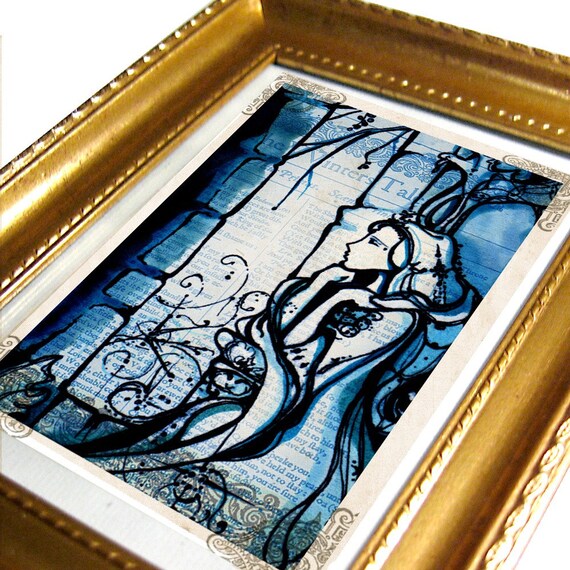I must admit I absolutely adore listening to Hamlet. I feel like I am watching it in the theatre when in reality I am comfortably sitting in my pj's listening to it and following along. My favorite character by far is Hamlet. I feel like most of the other characters play stock characters. Hamlet's mother sounds so regal and old with her slightly wavering voice-typical. I thought that is exactly how she would sound too. Her part doesn't impress me, but I am still engrossed in the story. So let me talk about Hamlet, since I find him more fascinating.
In class we talked about how his pacing is rather slow with heavy dramatic pauses. While listening I find that most of them make his long dialogues easier to digest and only a few times have I wondered if his speech would ever end. Hamlet is one of the biggest characters for an actor to play because he has more lines than an average actor receives and most of them are in long speeches. So it is very difficult to make each one lively and engaging. I know I've said that lot already, but I love the job that Hamlet does in this reading. He just sounds exactly like I hoped he would, without sounding like a stock character. One of my favorite speeches in Hamlet is his "to be or not to be..." I've read it many times and just devour the emotion and I was not let down by Hamlet's reading. He gives the text enough pause, but rapidly reads throught lesser lines which gives it a good pace. I am so impressed that I know feel like I would love to do more research on the play itself and I really want to read the comicbook Hamlet sitting next to me...so I think I will finish up here and do just that.





